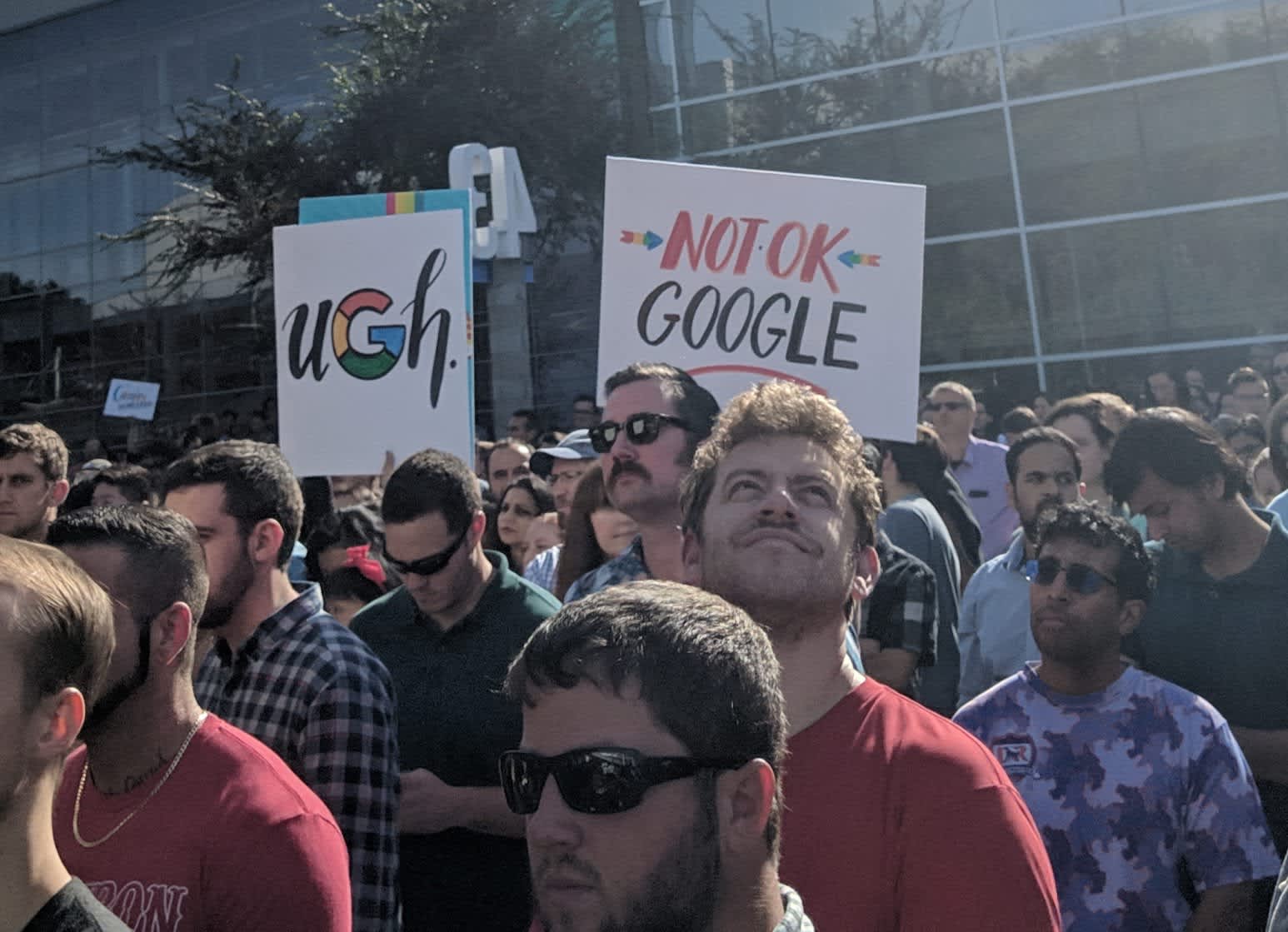
It appears that no one working for the public relations giant Edelman balked in 2006 when the firm went all-out to help then-besieged Wal-Mart by setting up a war room to plan attacks against the retailer’s critics and creating bogus front groups to create the illusion that the company had widespread public support. Nor apparently did Edelman staffers have any problem over the years when the firm took on clients such as tobacco companies, military contractors, the petroleum industry and the American Legislative Exchange Council.
Times are changing in the corporate p.r. business. The New York Times just reported that a staff revolt forced Edelman to abandon a plan to work for the private prison company GEO Group and improve its image in the face of criticism of its role in operating immigrant detention centers for the Trump Administration.
The Edelman situation is not unique. The Times noted that the marketing and p.r. firm Ogilvy has been facing staff unrest over its work for Customs and Border Protection, and employees at Deloitte and McKinsey tried to get their firms to end contracts with Immigration and Customs Enforcement. Pressure on management over work for these agencies has also been reported at tech companies such as Microsoft and Amazon as well as the online furniture retailer Wayfair.
Employees at large corporations are making their feelings known about other issues as well. Staffers at Amazon have pressed the company to do more to address the climate crisis. Perhaps the most dramatic move came last November when thousands of Google employees around the world walked off the job to protest the company’s handling of sexual harassment complaints.
These actions have come at a time when the conventional wisdom is that collective action by workers is a largely thing of the past. It is true that unions continue to struggle, as shown, for example, by the recent defeat of another organizing drive at Volkswagen’s operations in Tennessee in the face of intense opposition from management as well as public officials.
Yet what the actions at Edelman and the tech companies show is that workers – including some who may be very well paid – are finding different ways to express their dissatisfaction.
What’s particularly powerful is when employees launch campaigns that combine self-interest with altruistic goals. That’s what happened at Google, where the aim was both to change practices within the company and to support the wider MeToo Movement.
It’s also what gave such potency to the wave of teachers’ strikes that began in early 2018. Those walkouts were prompted both by the urgent need to raise salaries and the need to improve school funding to address overcrowding and other problems affecting students.
The willingness of employees to take on issues such as migrant abuse can also serve to expose the shallowness of much of what goes under the banner of corporate social responsibility. Edelman, for instance, claims that it is committed to being a “force for good.”
That somehow got forgotten when its managers initially agreed to work for GEO Group. It took a bold stance by the staff to overcome the hypocrisy.